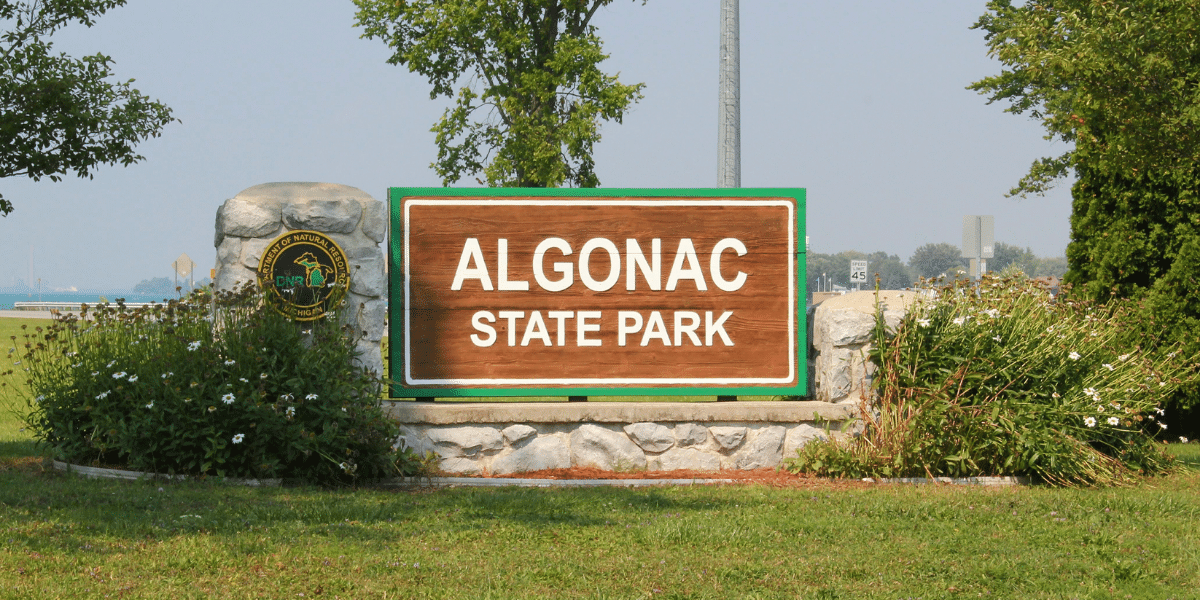$3.6 Million in Grants to Help Fight Invasive Species
The Michigan Invasive Species Program is investing heavily in finding and removing the threats that could disrupt the diverse and fragile ecosystem on which so many depend for commerce and recreation in the state. Invasive species include things like gypsy moths and Asian carp.
Cooperation between several state agencies is resulting in the awarding of $3.6 million for invasive species projects. The Lake St. Clair Cooperative Invasive Species Management project will get $100,000 to go toward education and outreach, early detection and response, and organizational structure. The grant was submitted by the Six Rivers Land Conservancy and benefits St. Clair and Macomb counties.
The grants will help local agencies work on preventing the introduction of new invasive species, strengthening the statewide early detection and response network, limiting the spread of recently confirmed invasive species, and managing and controlling widespread, established invasive species.
Thirty-one projects are receiving funding through the grants.
Reporting for WGRT – Jennie McClelland






